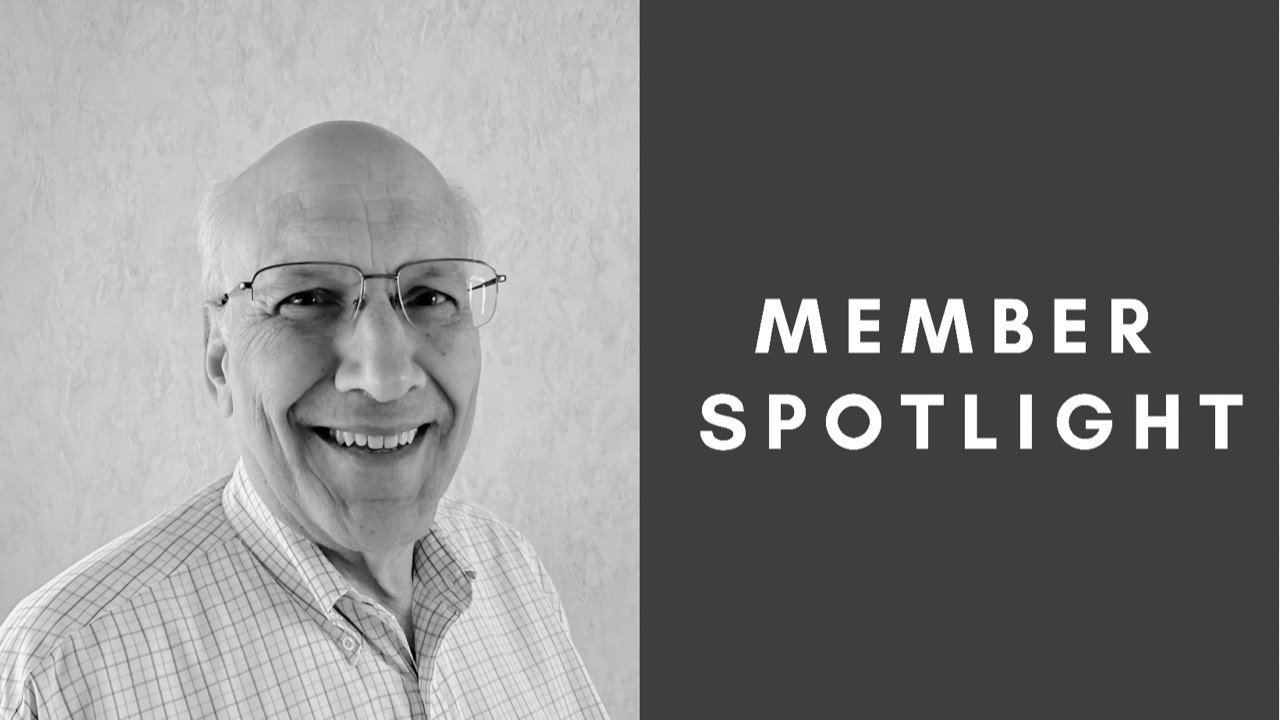NYA Member Spotlight - Vijay Aggarwal
Vijay has had a 30-plus year career in pharmaceutical services and clinical diagnostics. His roles have included President at aaiPharma, President and CEO of Aureon Laboratories, and President of Quest Diagnostic Ventures. He is currently Managing Partner of The Channel Group, LLC and it’s affiliate, CoView Capital, a New York-based life sciences venture development and management firm. He has been a member of New York Angels for six years, is a Board Member, and is an active member of the Life Sciences Committee at NYA. He provides insight into why he joined NYA, what he gains from the group, what he looks for in founders in which he invests, and what a founder can expect from NYA investors.
Vijay Aggarwal, NYA Board Member
What first attracted you to join a formal network for Angel Investors?
What impresses me about NYA is the breadth of member experience. No matter the market segment, business model or industry vertical — there is usually at least one member in our group that has specific connections and experience that helps us evaluate deals and, as importantly, assist companies after our investment. As part of a network of investors, we are in a better position to walk along side of entrepreneurs as their companies seek additional investment and advice. This on-going relationship is a great way to assist entrepreneurs as well as improve investment returns.
What can founders expect from the Angel investor/founder relationship?
Founders should expect the due diligence process to not only facilitate an investment by NYA but hopefully, also prepare them for attracting other investors in the current or subsequent rounds. They should expect capital but also on-going interaction and support as their business evolves. To turn the question around, as early-stage investors we expect our founders to recognize the role early supporters have in their eventual success. We always look for founders who understand that an early investor can help them create significant value and we expect founders and company management to remember that early commitment as they seek follow on capital investments.
What do you look for in a pitch? In a founder?
In presenting a company, the standard components such as market opportunity, product market fit, team experience, and financial forecasts are all important. I pay particular attention to the competitive position and barriers to entry. Truly innovative and successful companies will demonstrate how they drive adoption, defend against copycats, provide market differentiation and create a “must have” capability for potential merger partners. In founders, I look for personal passion and commitment to the business as well as an individual who understands what they know and what they don’t know. The ability to build a strong team around the founder to improve the company’s capacity to react to changing business conditions is the key to a successful investment.
How do you spot a good founder?
I look for a frustrated sales person. What I mean by that is someone who says “I have this great idea, I took it to my current employer or a different company and they just didn’t get it. So I’ve decided to go it on my own and do it the right way“. As to the sales aspect, I look for an entrepreneur who presents a compelling picture of the opportunity. That skill will be critical in attracting other investors, future team members and partners. Their ability to maintain a motivated and cohesive team during the ups and downs of early stage companies is a rare but critical capacity.
What advice would you give to founders who have never fundraised before and do not have strong connections to Angel investors?
In today’s hyper-connected world, I find it hard to imagine a successful entrepreneur who does not have or can’t create a linkage to the angel investing community. It does take diligence and persistence to find and leverage these connections but that’s the same skill set that is required to find partnership relationships, team members and potential exit opportunities. As a founder, deciding which angel groups to pursue should be based in part on their ability to introduce companies to other early stage investors and groups and their willingness to prepare the company for other investment opportunities.
What’s the benefit to YOU, as an investor, of collaborating with other Angels on investments?
I have a strong background in healthcare and a reasonably good business skillset. As a member of NYA I have also been able to lean on others with complementary industry expertise. Most importantly it is extremely valuable to co-invest with angel investors who have deeper expertise in deal structure and terms that are important for early-stage investors. I have yet to participate in a deal team where at least once during diligence I didn’t say “Wow, I never would’ve thought of that”.
What can a founder do to help facilitate a final investment decision?
Be upfront and honest. There is nothing that kills an investment decision quicker than discovering a problem that could have been or should have been disclosed earlier in the process. As early-stage investors we are all prepared to invest in companies that are not yet perfect. However if we have to discover the imperfections on our own, that can destroy the trust that is so critical for making and maintaining an investment.
What are some of the reasons you continue to be an active member at New York Angels?
Like many other angel investors, I’m lucky enough to be at a point in my career where I can be very selective when it comes to how I spend my day and with whom I associate. Many of us are able to limit our activities to those where we find personal and financial joy. When it comes to NYA, it’s hard to imagine a group of investors and entrepreneurs that would be more aligned with the goals of finding personal enjoyment, giving back to the business community and creating financial success.


